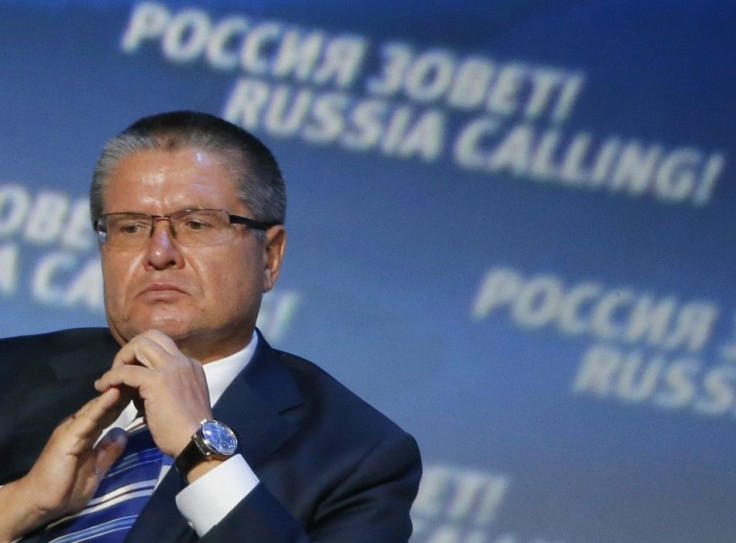Russia Wants Iran’s Oil in Exchange for Grain

Russia could soon enter into an agreement with Iran that will pave the way for its grains bartered with the latter's oil. If this happens, President Vladimir Putin risks himself again to the ire of the western powers because the arrangement counters the provisions contained in the nuclear talks between world powers and Iran.
Quoted by Press TV on Sunday, Alexei Ulyukayev, Russian Economy Minister, on a visit to Iran, said the deal could also include other industrial products and a "broad lists of goods." He earlier met with Ali Tayyebnia, his Iranian counterpart. He noted Russia expects the deal "could be reached in the near future." Ulyukayev didn't specify any date, only that "discussions were continuing."
Reuters reported that Moscow and Tehran had started talks in January regarding a $20 billion barter deal. The arrangement specifically called for 500,000 barrels a day of Iranian oil in exchange for Russian equipment and goods.
Russia's end of the barter agreement could see supply shipments involving equipment for the oil and gas industry, agricultural machinery, cars, planes and electric generators, among others, Reuters said. "We are working on it, but there are many technical elements to it concerning the list of goods. Every country has its own approach to logistics, delivery process, insurance, etc. We hope we will finalize the details soon," Ulyukaev told journalists.
Ulyukayev added he expects a smooth transition with regards to payment since the central banks of both Russia and Iran have started collaborating to commence payments using two countries' national currencies. These will be in the Russian ruble and Iranian Rial. Among the benefits the two countries will enjoy in the mutual payments in national currencies scheme include "the absence of charge for the currencies conversion, direct payments and higher transparency in relations between the banks," Sputnik News said.
The United States had warned Russia its oil-for-goods deal could complicate the current slew of sanctions it had imposed. Russian Anton Siluanov, Finance Minister, however in April said Moscow will only observe sanctions imposed by the U.N. concerning any deals with Iran. Iran and six other global powers failed to resolve a standoff on Iran's nuclear programme on Nov 24.





















